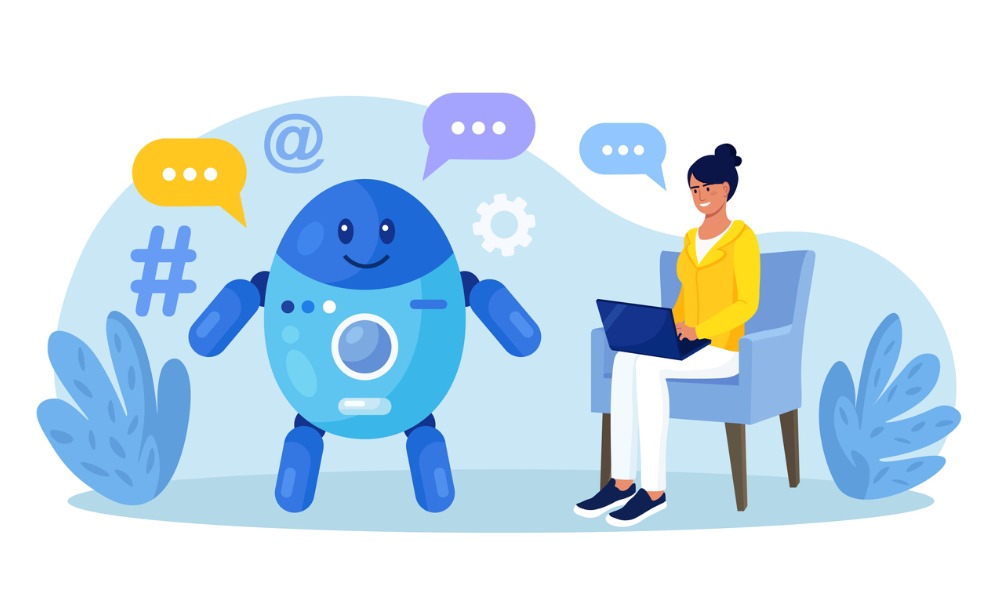
Respondents still divided when it comes to effects of the technology to their work, finds report

Workers in the human resources profession are still divided when it comes to their view of how generative artificial intelligence (AI) will impact their work, according to a Robert Half report.
While 22 per cent say generative AI will have a positive impact on their career, 15 per cent worry it could make their skills obsolete.
Meanwhile, 34 per cent of HR respondents feel generative AI will have no impact on their job prospects and 28 per cent are unsure.
"Generative AI comes with many questions about both its potential and its risks, and it's natural for professionals and businesses to have mixed feelings about its impact", says David King, senior managing director, Robert Half, Canada and South America. "Understanding how it can be leveraged for both workers' and employers' benefit, along with considering its drawbacks, is crucial at this time."
Automating time-consuming tasks (33 per cent) and increasing efficiency and productivity (31 per cent) are the top benefits HR professionals get from using generative AI at work, finds Robert Half’s survey of 125 HR professionals.
Specifically, HR workers are using, or planning to use, generative AI to assist them with cover letter writing (37 per cent), resume writing and keyword optimization (34 per cent) and improving their LinkedIn or online profile (34 per cent).
The top ways HR teams are currently using the technology are evaluating employee performance (49 per cent) and onboarding new hires (47 per cent), according to a separate Robert Half survey of 230 HR hiring managers across Canada.
However, 30 per cent of HR professionals feel the drawbacks fully outweigh the benefits, finds the first survey.
HR workers can also benefit from the use of the technology by streamlining hiring and removing biases in recruitment, and developing a more useful training strategy, says Christina Pavlou, with eFront learning, a learning platform company.
Pavlou, however, notes that there can also be cons in bringing AI use into HR, including introducing machine-generated errors, perpetuating biases in hiring and increasing risks to cybersecurity.
Finding the right approach is important in implementing generative AI use within the HR function, she says.
“Artificial intelligence does have a place in HR. You just need to remember the keys that will help you take advantage of its good points while avoiding potential dangers. Build and use AI tools with equity and empathy in mind and take proper precautions when it comes to security.
“With the right approach, you can integrate AI successfully into your HR processes to keep your company at the forefront of today’s evolving workplace.”